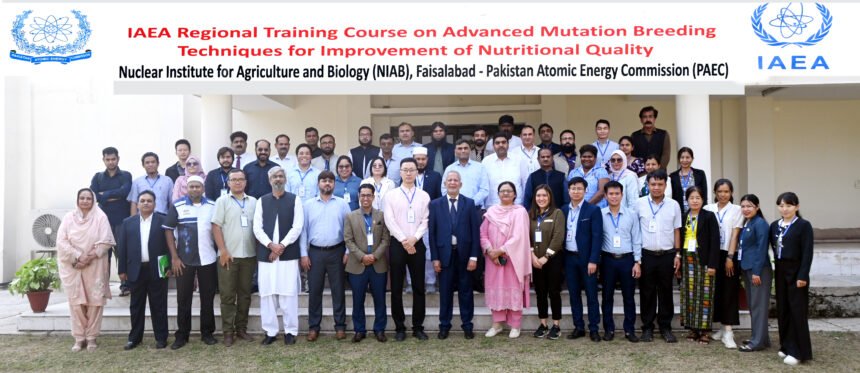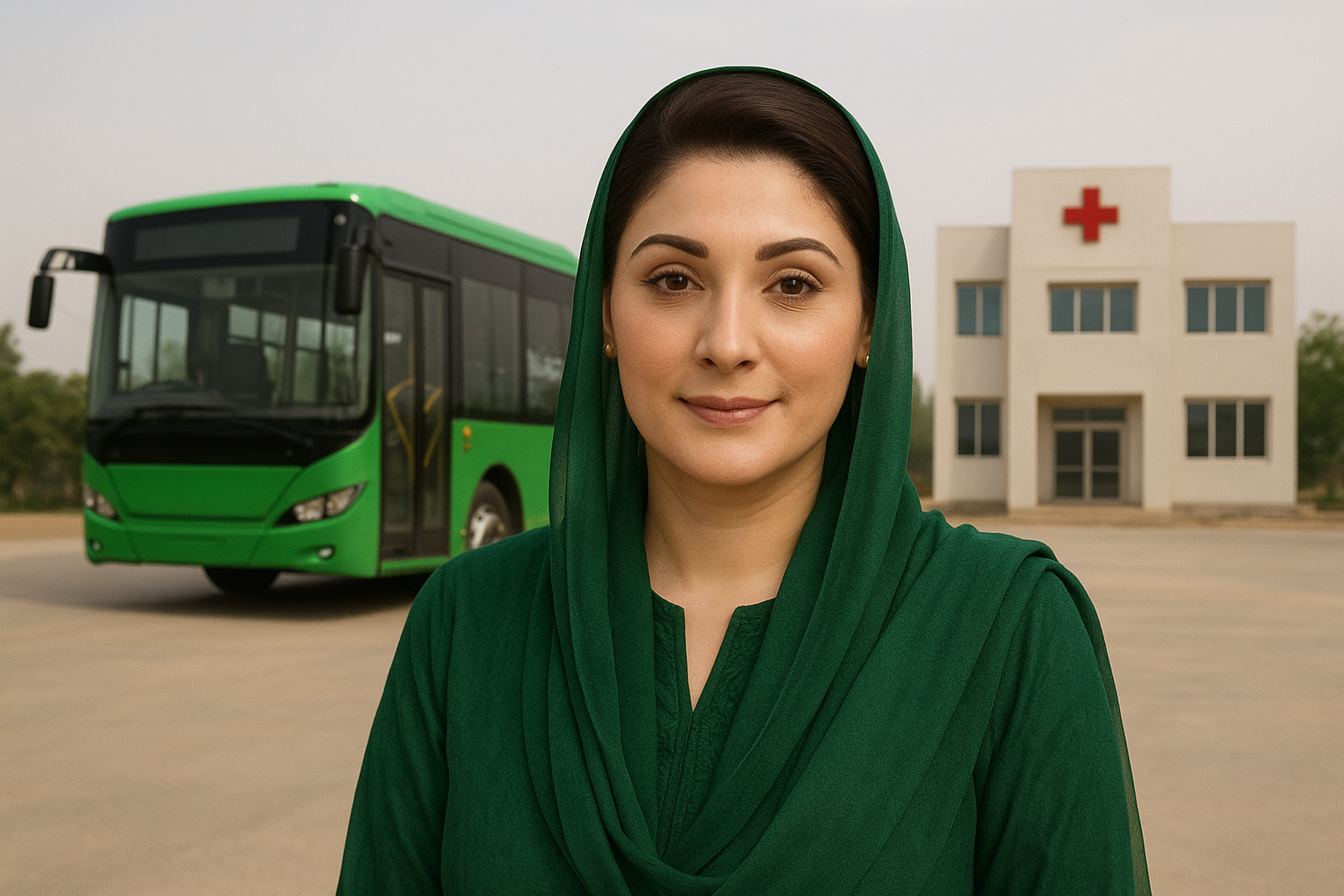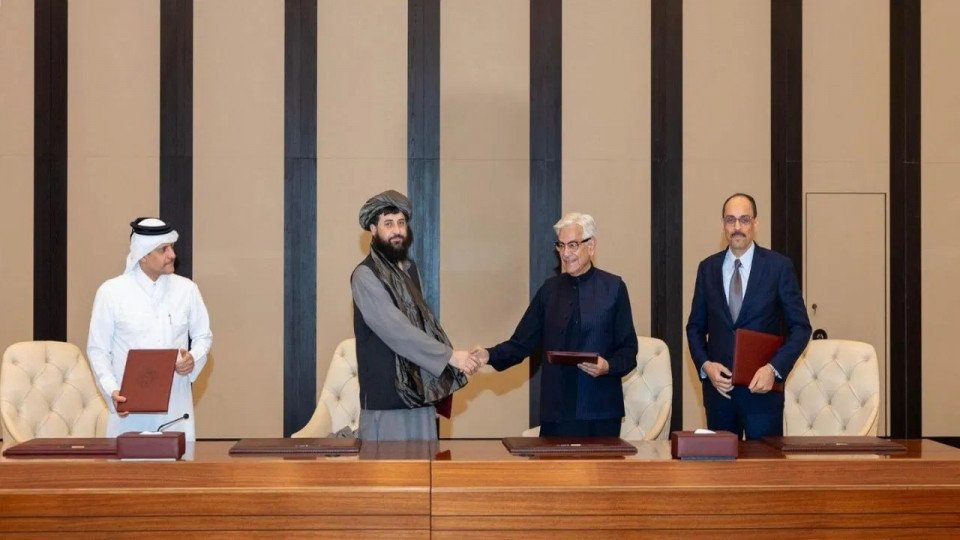FAISALABAD: The International Atomic Energy Agency’s (IAEA) Regional Training Course (RTC) on agriculture concluded at NIAB, the Nuclear Institute for Agriculture and Biology, a premier research institution of the Pakistan Atomic Energy Commission (PAEC). The two-week course focused on “Advanced Mutation Breeding Techniques for the Improvement of Nutritional Quality.”
Organized under the IAEA technical cooperation project RAS5101, the course brought together 30 participants from 14 member states, including Bangladesh, Cambodia, China, Fiji, Indonesia, Lao PDR, Malaysia, Mongolia, Myanmar, Nepal, Philippines, Sri Lanka, Thailand, and Vietnam, along with Pakistan. Two IAEA experts, one from China and another from Bulgaria, also took part.
Addressing the concluding ceremony, Prof. Dr. Muhammad Youssef Saleem, Director General of Agriculture & Biotechnology at PAEC, congratulated the IAEA, NIAB, and the participants for successfully completing the program. He said that Pakistan and other regional countries must collaborate to address climate change, malnutrition, water scarcity, and emerging pathogens that threaten food security.
He noted that mutation breeding offers effective solutions by improving the genetic composition of crops and livestock. “We must adapt to climate change through scientific innovation. Shifting dietary patterns toward pulses, cereals, and mushrooms can help ensure nutritional balance,” he said.
Dr. Saleem highlighted Pakistan’s active membership in the Codex Alimentarius Commission (CAC), which sets international food standards to protect consumer health. He added that NIAB and PAEC are leading efforts to achieve food security through nuclear science and international collaboration.
Earlier, Dr. Uzma Maqbool, Director of NIAB, said the successful completion of the training marks another milestone in Pakistan’s long-standing cooperation with the IAEA for promoting sustainable agriculture. She noted that this partnership is benefitting the Asia-Pacific region, often called the “food basket of the world.”
“We are committed to fostering scientific exchange through the IAEA platform to ensure healthier and more resilient crops and a world free from malnutrition,” she added.
Dr. Zia-ul-Qamar, the Course Director from NIAB, thanked participants for their active engagement, emphasizing that the course enhanced technical skills and built enduring regional partnerships. IAEA expert Dr. Kai Wang from China appreciated Pakistan’s consistent contributions to regional capacity building in agriculture.
The training course included interactive sessions, laboratory demonstrations, and field visits that generated strong participant interest.
Recognized globally as an IAEA Collaborating Centre in Food and Agriculture, NIAB continues to lead nuclear-based agricultural innovations in crop improvement, soil management, and plant nutrition. This was the third IAEA regional training course organized in 2025 by Pakistan through PAEC’s flagship research center, NIAB.
Read more stories related to IAEA, here: https://thepublicpurview.com/?s=IAEA
For climate-related news, visit: The Green Post










